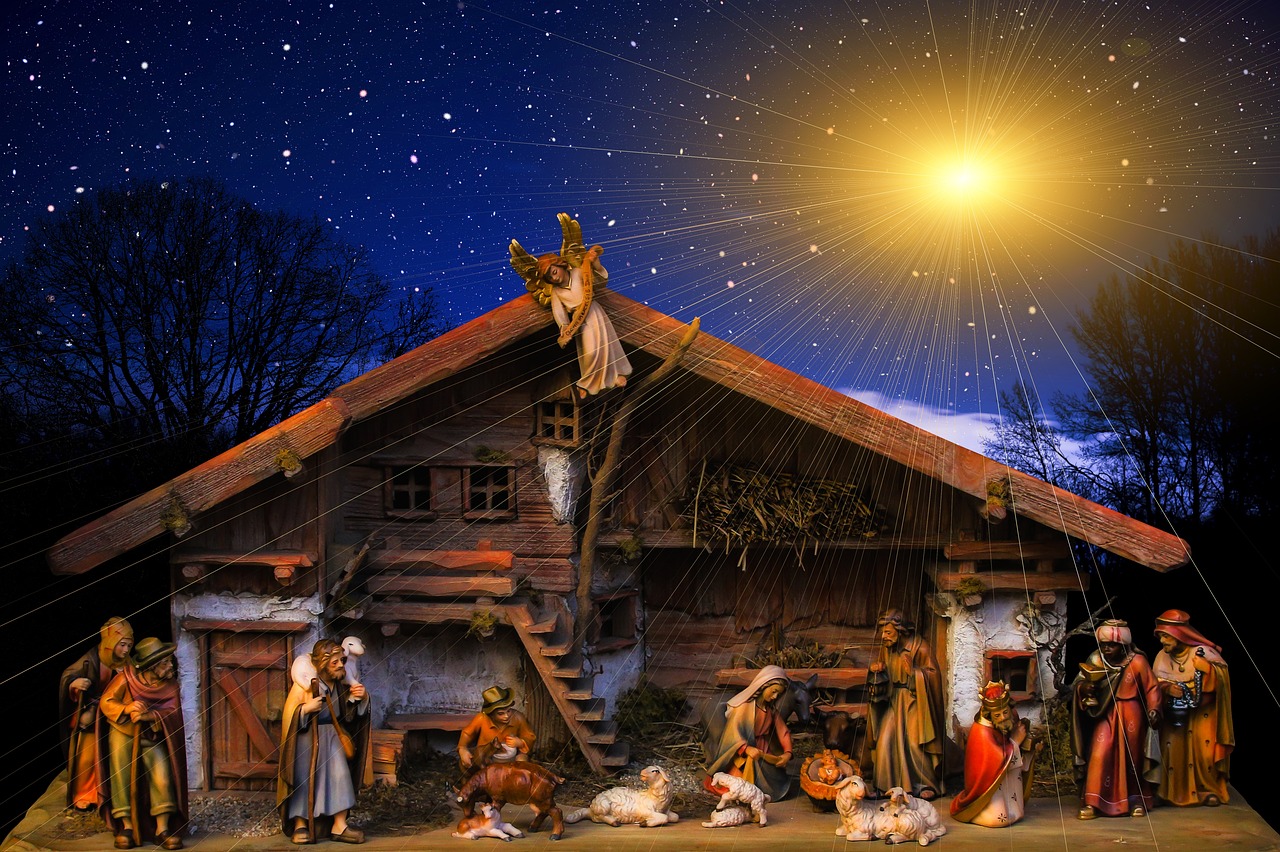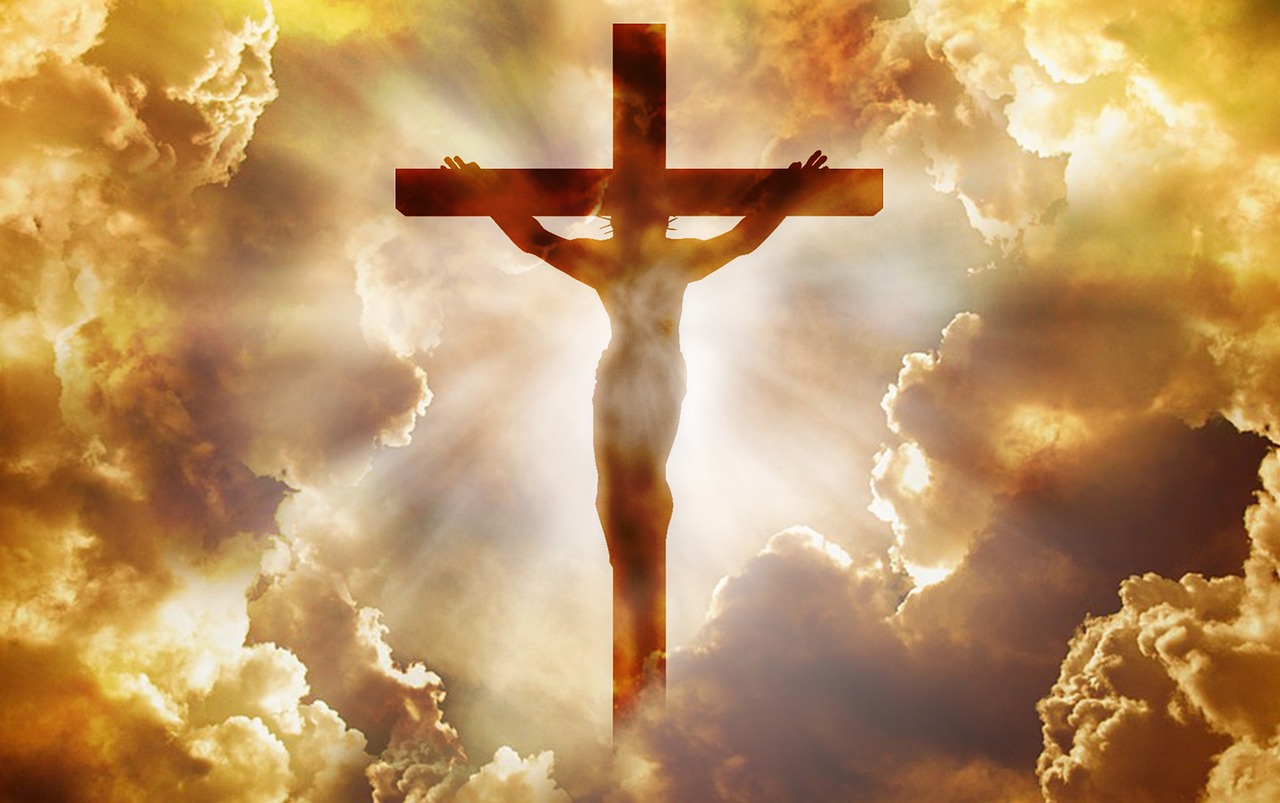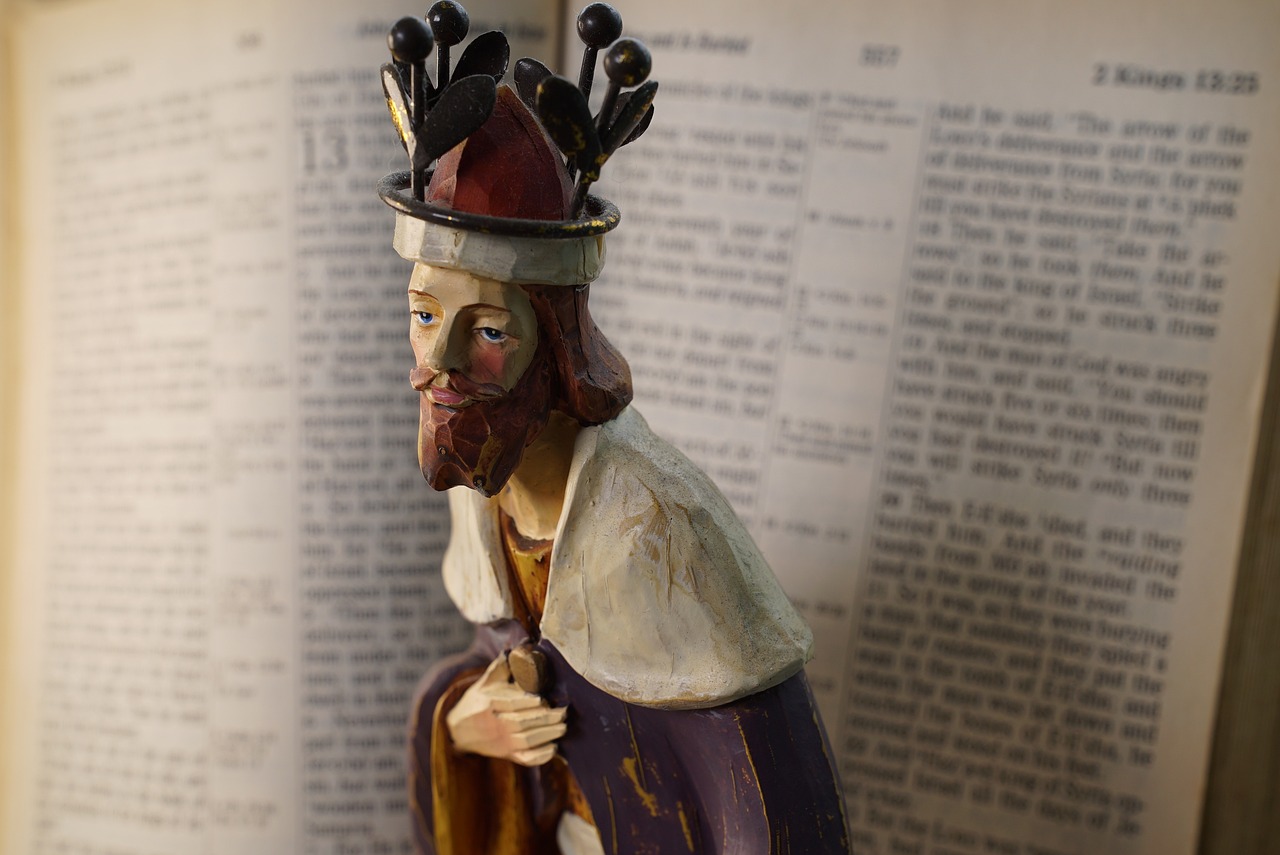In Genesis 30, we continue to follow the intricate family dynamics of Jacob and his wives, Rachel and Leah. At this point in the story, Jacob has already fathered children with Leah, but Rachel remains barren. Rachel, desperate to have children of her own, becomes envious of Leah’s ability to bear children for Jacob. In her desperation, she gives her servant Bilhah to Jacob as a wife, hoping to have children through her.
Bilhah conceives and gives birth to two sons, Dan and Naphtali. Rachel, however, does not feel satisfied or fulfilled with this arrangement. She yearns for a child of her own. So, she strikes a deal with her sister Leah, asking for some mandrakes that Reuben, Leah’s son, had found in the field. Rachel believes that these mandrakes possess fertility-enhancing properties.
Leah agrees to give Rachel the mandrakes in exchange for allowing Jacob to spend the night with her. Ultimately, it is Leah who conceives and gives birth to two more sons, Issachar and Zebulun, as well as a daughter named Dinah. Rachel, however, still finds herself barren.
Now, when we examine the connection to Jesus in this specific passage, we need to look beyond the surface-level events and dig deeper into the underlying themes and symbolism. One prominent theme that emerges is the longing for a promised child.
Rachel’s yearning for children mirrors the longing of many women in the Bible who desired to bear children, but faced some form of infertility. This recurring theme of barrenness points to the desperate need for God’s intervention and His faithfulness in fulfilling His promises.
Furthermore, the tension between Rachel and Leah reveals a deeper struggle for significance and the desire to win Jacob’s love and attention. This rivalry is reminiscent of the division and tension that often arise within families, leading to broken relationships and unresolved issues. Through this story, we begin to see the brokenness and complexity of human relationships and the need for reconciliation and forgiveness.
But how does this all connect to Jesus? Well, when we examine the entire biblical narrative, we find that Jacob himself is a significant figure foreshadowing the coming of Christ. Jacob’s name is later changed to Israel, and he becomes the patriarch of the twelve tribes, from which the nation of Israel emerges.
Jesus, often referred to as the “Son of David,” comes from the lineage of Jacob/Israel. He is the promised child, the long-awaited Messiah who brings about redemption, reconciliation, and the fulfillment of God’s covenant with His people.
Additionally, the theme of barrenness and longing for a child finds its ultimate fulfillment in Jesus. Just as Rachel yearned for a child, humanity had longed for a Savior, someone to bring hope, salvation, and new life. Jesus, the promised seed of Abraham, fulfills that yearning by coming into the world as the Savior, born of a virgin, through the power of the Holy Spirit.
Moreover, the rivalry and division within Jacob’s family reflect the brokenness and sinfulness of humanity. Through Jesus, God offers reconciliation and forgiveness, bringing healing to broken relationships and restoring harmony. Jesus’ sacrificial death on the cross provides the means to overcome the divisions, rivalries, and sin that plague humanity.
In conclusion, while the events of Genesis 30 may seem disconnected from Jesus at first glance, a deeper examination reveals underlying themes and symbolism that point to the significance of Jesus in the broader biblical narrative. The longing for a promised child, the brokenness of human relationships, and the need for reconciliation all find their ultimate fulfillment in Jesus Christ – the long-awaited Messiah, the Savior, and the embodiment of God’s faithfulness.
#Genesis30 #BarrennessAndLonging #JacobAndFamily #SymbolismInScripture #JesusAndPromise #RedemptionThroughChrist #BrokennessAndReconciliation #FulfillmentInJesus #BiblicalNarrative #FaithfulnessOfGod



